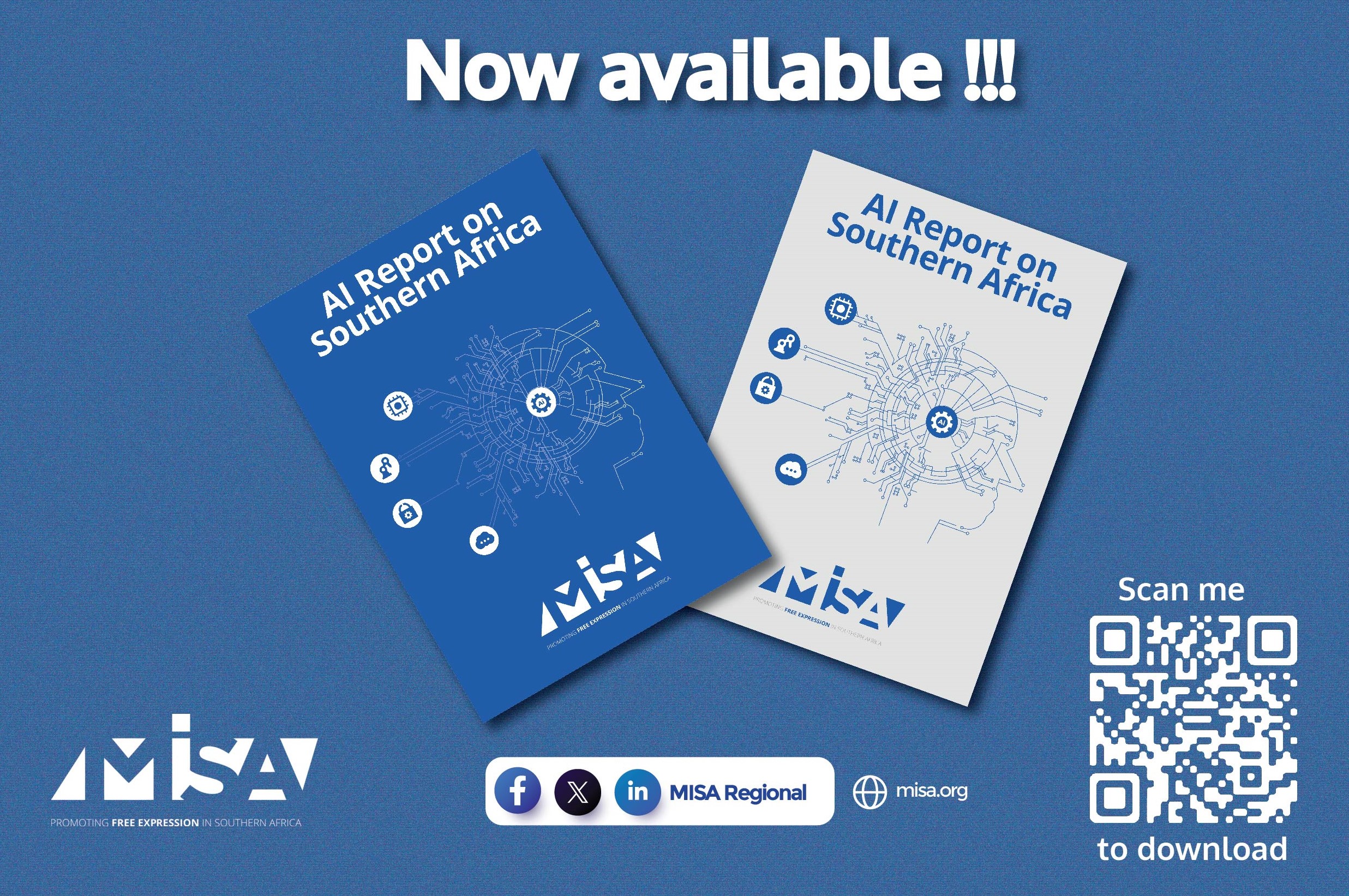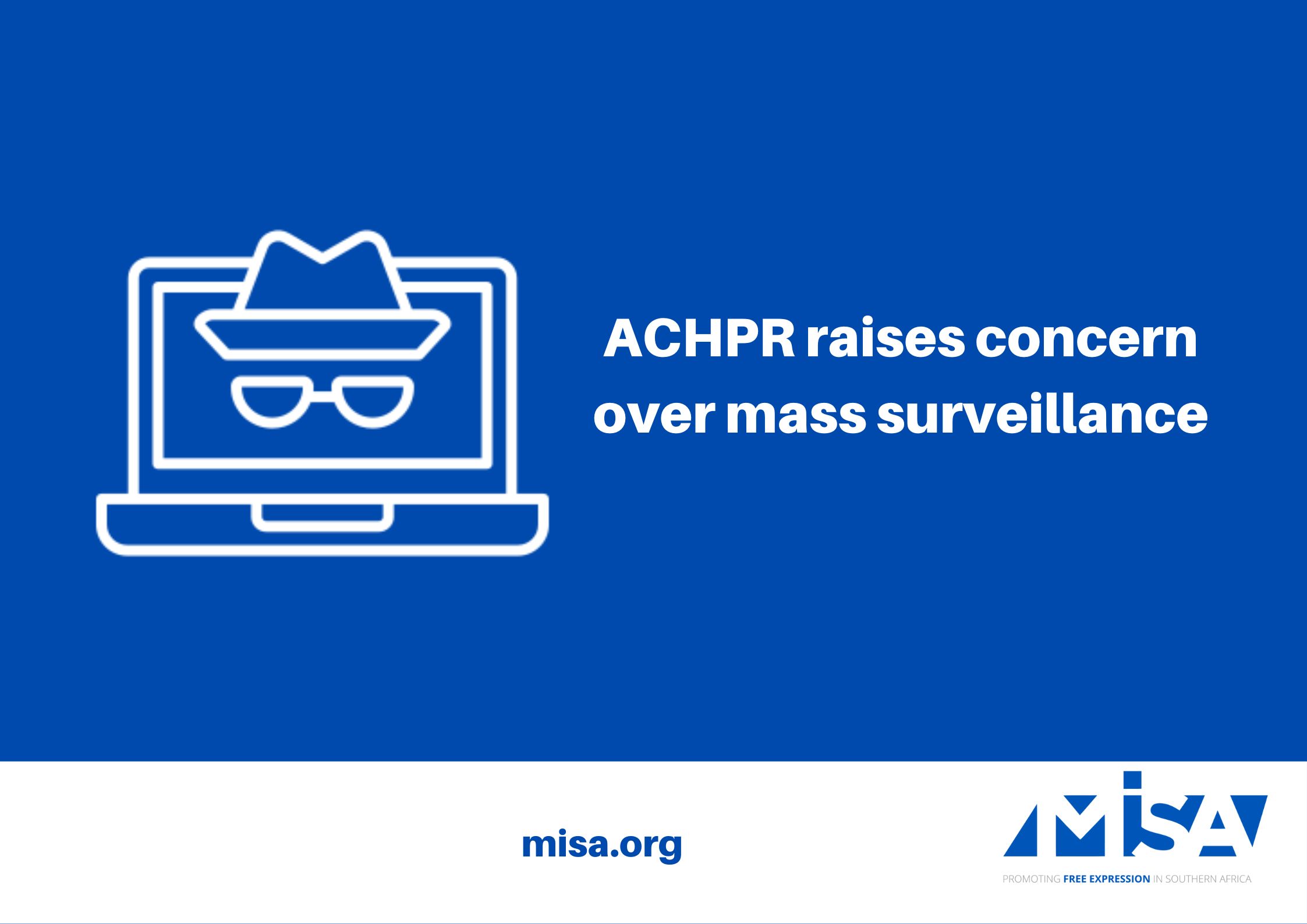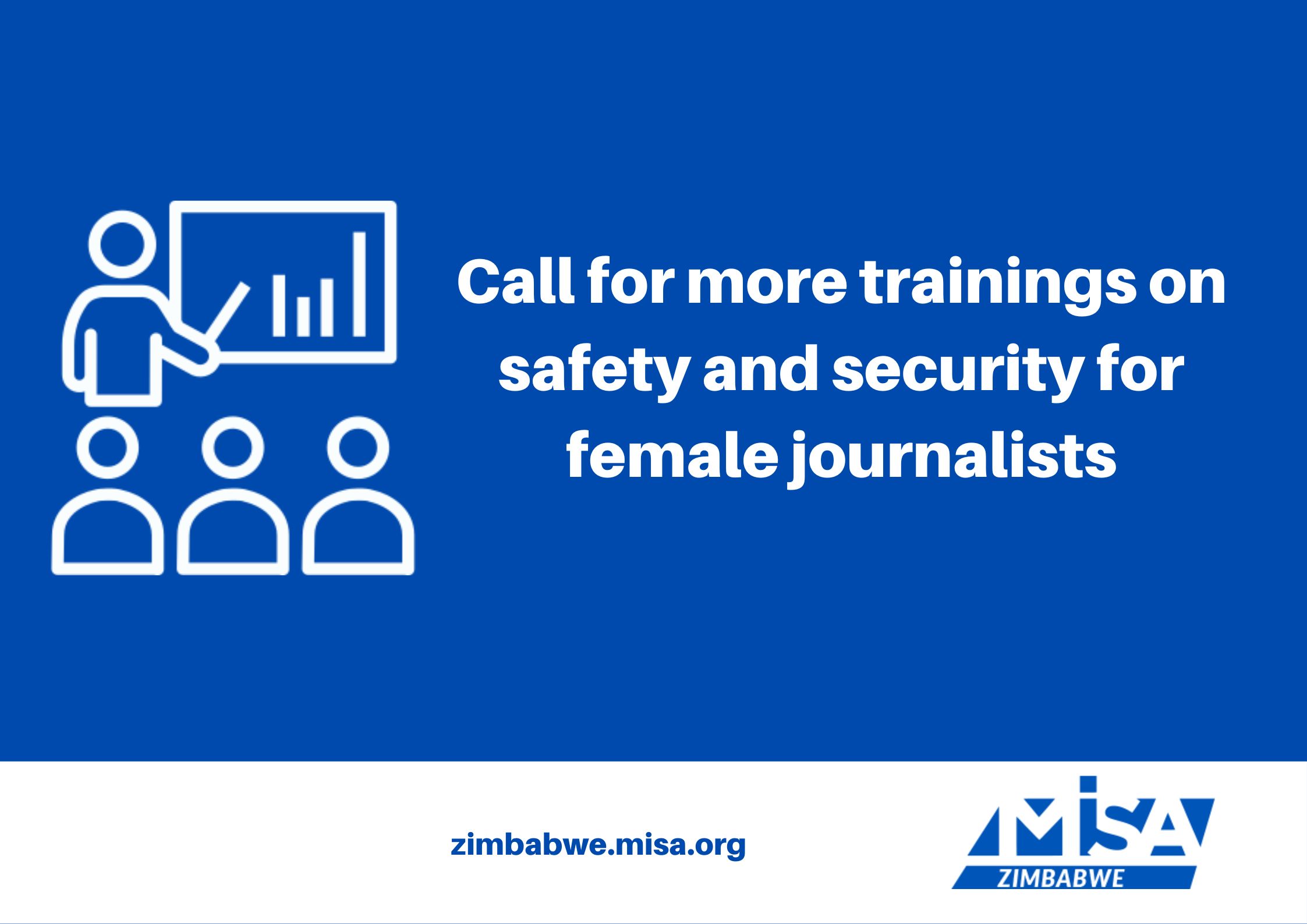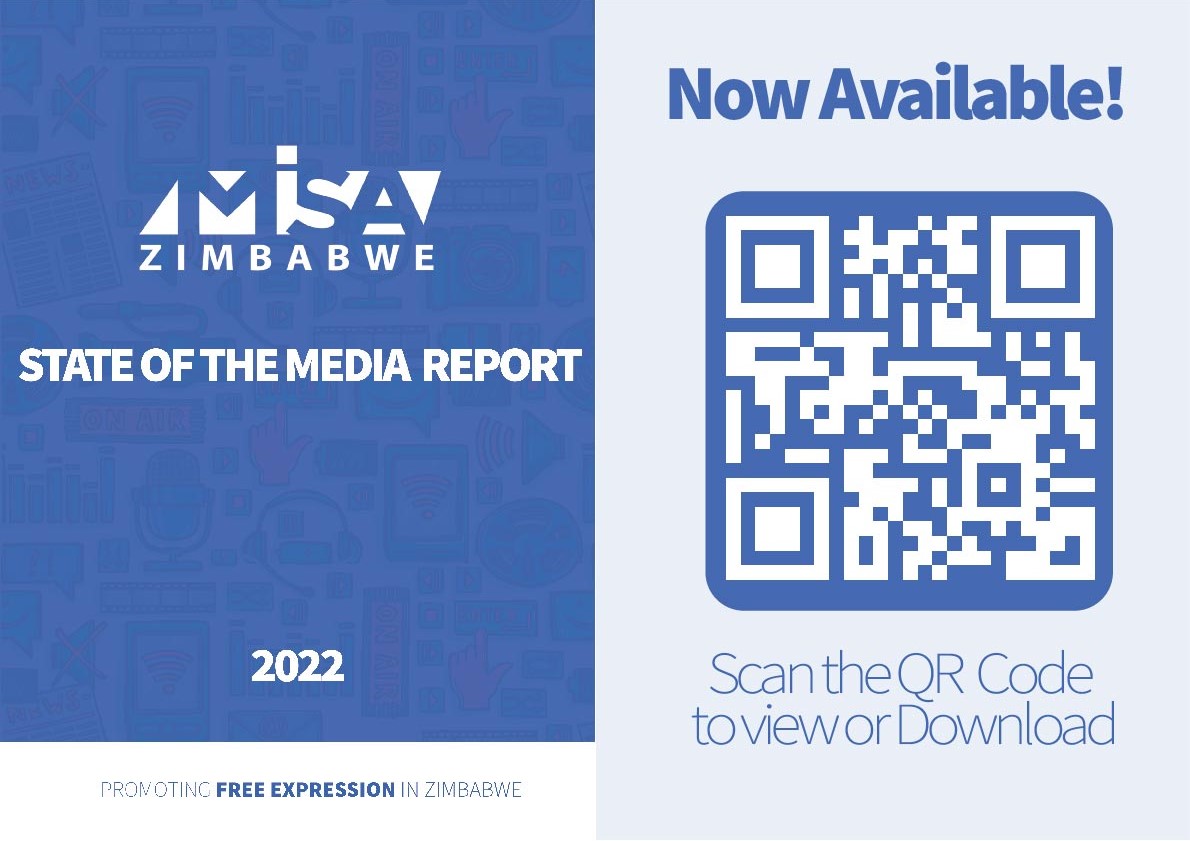On July 21 2016 ministers of Finance and Media Information and Broadcasting Services, Patrick Chinamasa and Dr. Christopher Mushowe, respectively, appeared before the Parliamentary Portfolio Committee on Media Information and Broadcasting Services to update on the state of digital migration and licensing of community and commercial radio stations in the country.
Chinamasa highlighted that the complete migration of Zimbabwe from analogue to digital migration is now indefinite as the Finance Ministry begins discussions and consultations on resale of the digital dividend spectrum.
He said to date his ministry had made available a bridging fund of US$ 30.5 million to the country’s digital migration following the ‘collapse’ of a US$200 million agreement on the sale of the digital dividend spectrum to mobile network operator, Netone. He noted that the bridge fund, which was not in the annual budget was necessitated by the fact that a contract had been signed by the contractor, Huwaei.
“Clearly given my current fiscal challenges, I am not in a position to give any indication as to when we can find more resources to deploy to this project. Already, we have outstanding payments to the contractor of US$19 million,” he said. He noted that the sale of the spectrum was the only alternative available for continuation of the project. Mushowe underlines the ramifications of this delay. He announced that there would be no licensing of community radio stations until the completion of the digital migration process. Once completed, Mushowe revealed, priority in the licensing of community radio stations would be given to rural communities. He also noted that government had no intention of calling for additional license applications for private radios following the failure by six of the eight licensed commercial radio stations to go on air. Two months remain before the lapse of the 18 months timeframe within which they are required to broadcast after being licensed.
He said that while government wanted to see as many players as possible competing in the broadcasting sector, the market is depressed and only one mradio station among the newly licensed one is making profit. This situation, he noted, is set to worsen with the rise of social media and the entry of new television broadcasters on completion of the digital migration process. He said the scenario may necessitate the taking of a deliberate policy decision not to license more players to sustain those that are already in the market.
MISA-Zimbabwe position
While MISA-Zimbabwe acknowledges the current economic challenges bedeviling the country, this should not be used as an excuse not to democratise the media sector. Government should allow those that have resources and the capacity to establish and run broadcasting stations to do so. Failure by those that were licensed to go on air does not only point to harsh economic conditions, but flawed licensing regime and processes, which are vulnerable to political manipulation and used to seemingly grant licenses on the basis of political disposition and not merit. The controversy that surrounded the licensing of all private radio stations, which are either run by government-controlled entities or proxies of the ruling elite, underscore this view.
Attempts by government to narrowly diagnose the cause of delayed launch of other radio stations and then use that to justify its unwillingness to open up the broadcasting sector is simply being disingenuous. It is only through democratic, open, fair and independent licensing frameworks and processes that most of the challenges facing broadcasting can be addressed. Further, lack of clarity and transparency on allocated community radio frequencies is another cause for concern. This is particularly so given the ministry’s attempts to narrowly define a community radio using geographic location and structural configurations that include traditional leadership. All this, in an attempt to try and disqualify community radio initiatives that are moulded on both geographic location and community of interest, as advocated by civil society.
It is also pertinent that government also ensures that all aspects of digital migration are conducted transparently and those driving the process are accountable to the public. It was quite shocking news for those that have gleaned reports on digital migration to now learn that there were paltry funds for the process when all along the impression was created that $200 million had been secured and set aside for the programme. It is incumbent on government to fully explain what happened to that deal to avoid casting of aspersions on the whole matter.
Zimbabweans deserve to know and it's their right.








